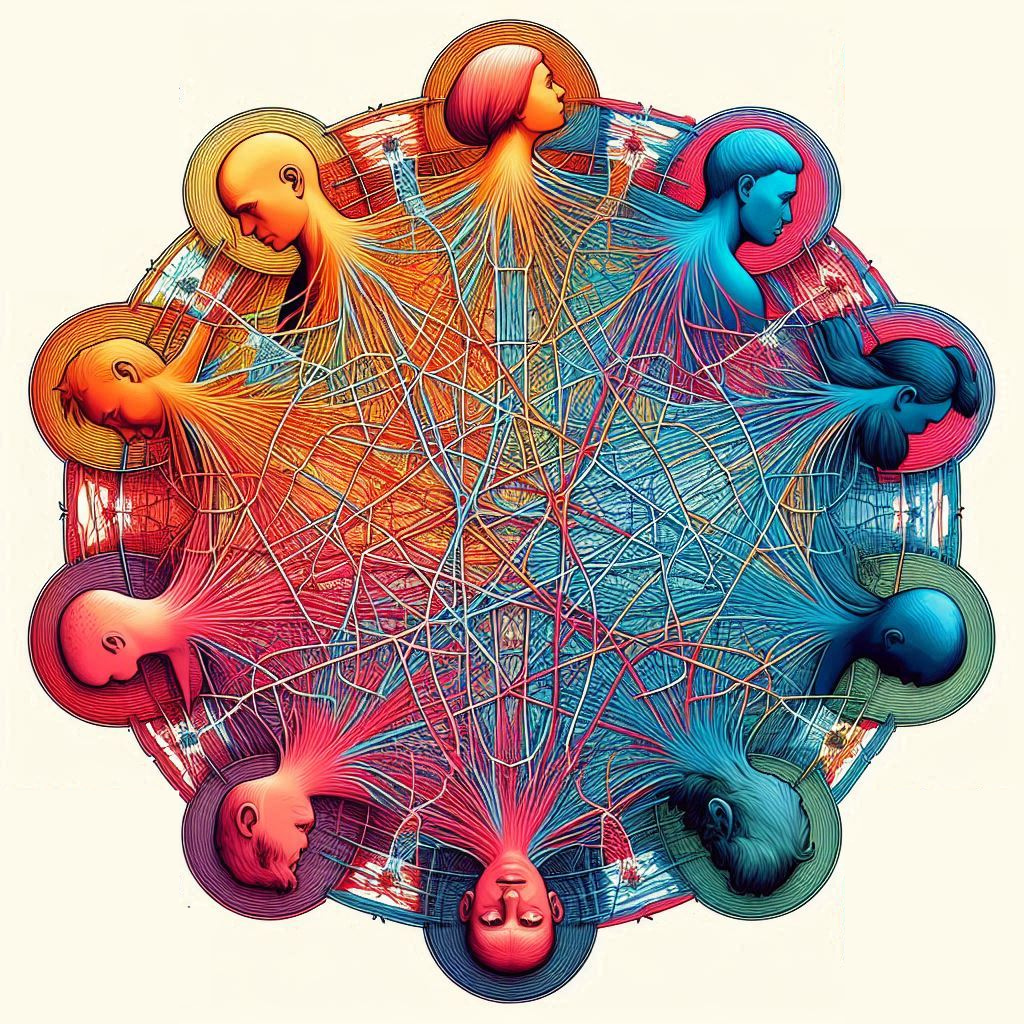Attachment theory, a cornerstone of psychological research, sheds light on how early relationships shape personality development. Understanding attachment styles is crucial for comprehending the nuances of human behavior and emotional health. In this article, we delve into how different attachment styles influence personality development, offering insights that resonate with both scholars and everyday readers.
The Foundations of Attachment Theory
Attachment theory, pioneered by John Bowlby, suggests that early interactions with caregivers form the basis for how individuals relate to others throughout life. This theoretical framework identifies four primary attachment styles: secure, anxious-preoccupied, dismissive-avoidant, and fearful-avoidant. Each style plays a significant role in shaping personality traits and interpersonal dynamics.
Secure Attachment: The Bedrock of Healthy Personality Development
Secure attachment, characterized by a strong sense of trust and emotional security, lays the foundation for positive personality traits. Individuals with secure attachment tend to exhibit high self-esteem, resilience, and strong social skills. They are more likely to develop into well-adjusted adults capable of forming healthy relationships.
Anxious-Preoccupied Attachment: The Roots of Emotional Instability
Anxious-preoccupied attachment, marked by a deep-seated fear of abandonment, often leads to personality traits such as anxiety, dependency, and emotional volatility. These individuals may struggle with self-worth and seek constant reassurance, which can affect their personal and professional relationships.
Dismissive-Avoidant Attachment: The Path to Independence or Isolation?
Those with dismissive-avoidant attachment often prioritize independence, leading to a personality marked by self-reliance and emotional distance. While this attachment style can foster autonomy, it may also result in difficulties forming close, meaningful relationships, potentially leading to isolation and loneliness.
Fearful-Avoidant Attachment: The Intersection of Fear and Longing
Fearful-avoidant attachment is characterized by a desire for closeness coupled with a fear of intimacy. This internal conflict can lead to a personality marked by ambivalence, mistrust, and emotional turmoil. Individuals with this attachment style may struggle to maintain stable relationships, impacting their overall well-being.
The Long-Term Impacts on Personality Development
Attachment styles are not static; they can evolve based on life experiences, therapy, and personal growth. Understanding one’s attachment style is the first step toward fostering healthier relationships and achieving personal development. For instance, individuals with insecure attachment styles can work towards developing a more secure attachment through self-awareness and therapeutic interventions.
Conclusion
Attachment styles play a pivotal role in shaping personality development. By exploring the intricate connections between early relationships and personality traits, we gain a deeper understanding of human behavior. Whether you’re a psychology enthusiast or someone looking to improve your personal relationships, grasping the nuances of attachment theory can be transformative.






